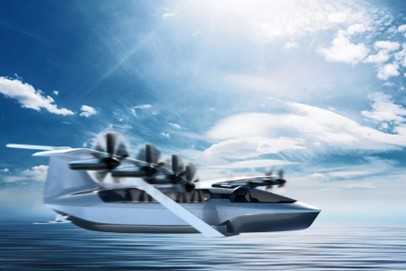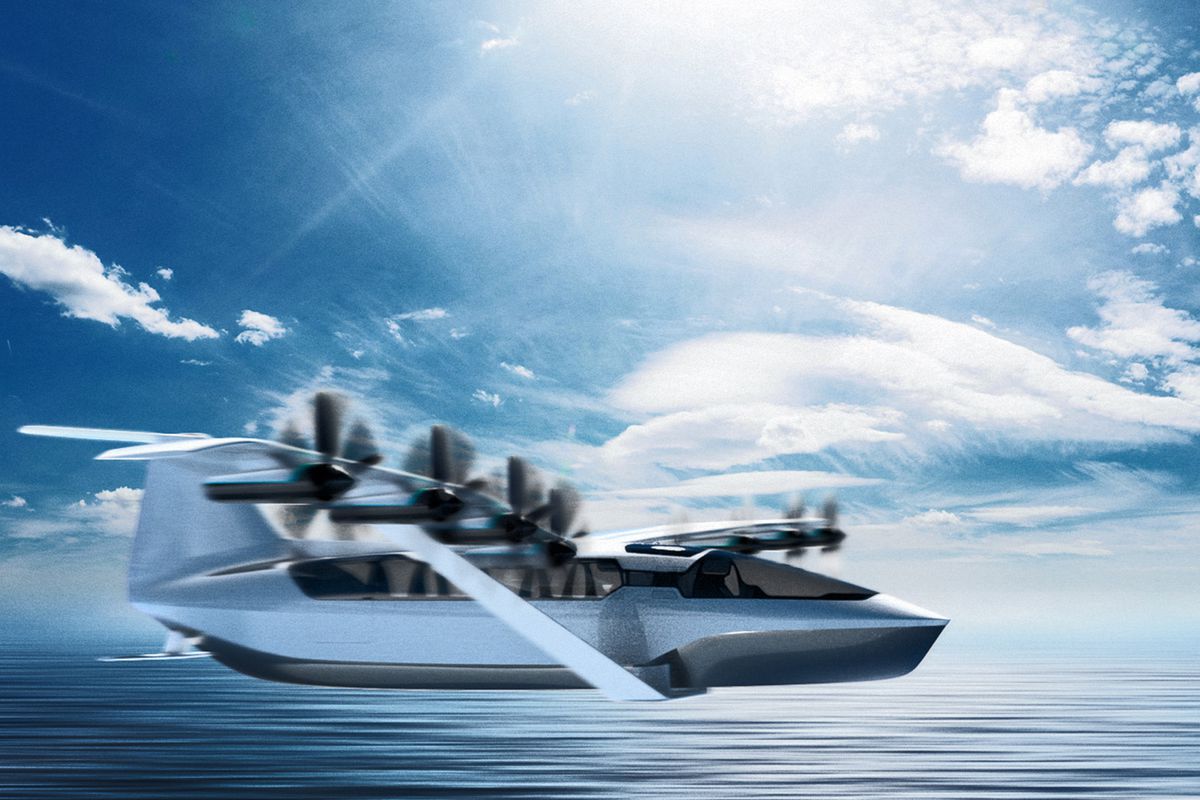Hawaiian Airlines could soon deploy the use of electric seagliders to shuttle passengers between islands with an investment in a company that makes the small aircraft, according to the airline.
With its investment in REGENT, Hawaiian Airlines became the first U.S.-based design partner for the company’s new all-electric seagliders, known as the Monarch. The new planes are expected to be available for commercial service by 2028.
“Innovative interisland transportation has been core to our business since 1929 when we replaced steam ships with airplanes. We are excited to be an early investor in REGENT and to be involved in developing their largest seaglider – a vehicle with great potential for Hawaiʻi’,” Avi Mannis, the chief marketing and communications officer at Hawaiian Airlines, said in a statement. “We look forward to working with REGENT to explore the technology and infrastructure needed to fulfill our vision for convenient, comfortable and environmentally sustainable interisland transportation.”
The seagliders produce zero emissions and travel just over the water’s surface, rather than thousands of feet in the air like traditional planes. The planes fly at the speed of an aircraft, but with the operating cost of a boat, according to REGENT.
Currently, the company’s seagliders can travel up to 180 miles with the goal of using “next-gen batteries” to get the range up to 500 miles.
“Seagliders will be a game-changer for sustainable regional transportation in communities such as Hawai’i,” Billy Thalheimer, the CEO of REGENT, said in the statement. “Through close partnerships with design partners and strategic investors such as Hawaiian Airlines, we can fully understand our operators and unlock their ability to provide zero-emission transportation solutions to their customers.”
Hawaiian’s effort to provide a more sustainable option for island-to-island transportation is the latest in a series of industry moves to become more eco friendly. Last year, United Airlines became the first commercial carrier to fly a full passenger flight using 100% sustainable aviation fuel and Alaska Airlines eliminated all plastic water bottles on board its aircraft, replacing them with boxed water.
Other carriers have also committed to offset their carbon emissions in recent years, including Delta and JetBlue.
Alison Fox is a contributing writer for Travel + Leisure. When she’s not in New York City, she likes to spend her time at the beach or exploring new destinations and hopes to visit every country in the world. Follow her adventures on Instagram.

























